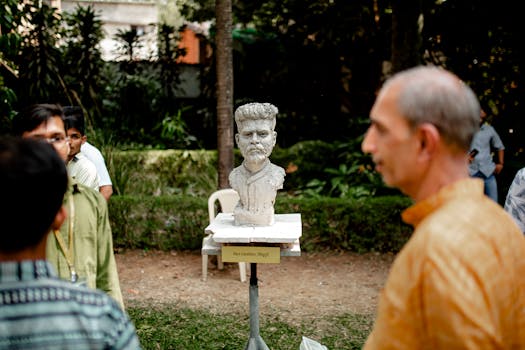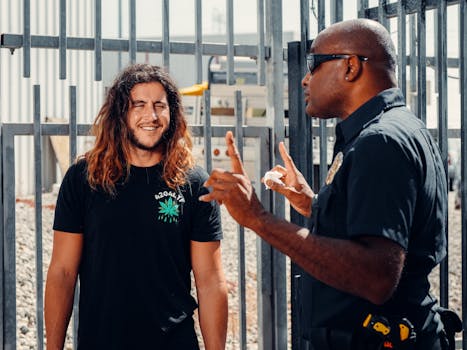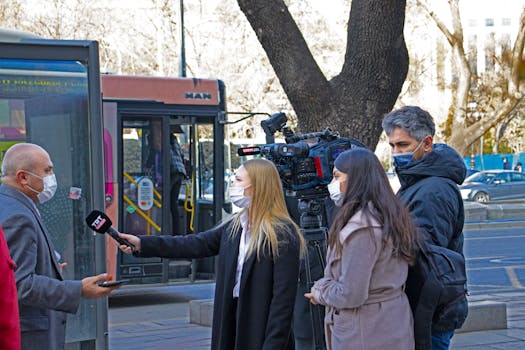
Introduction: The Power of Voice in Current Affairs

Interviews with key figures in current affairs represent a critical channel through which important ideas and perspectives are shared with the public. As society grapples with constant change and complexity, access to authoritative voices—journalists, politicians, activists, and scholars—can empower individuals and illuminate pressing issues. Their narratives often influence not just public opinion but policy decisions and societal trends.
The Role of Interviews in Contemporary Journalism

Set against a backdrop of rapidly evolving newsrooms and a fragmented media landscape, interviews have become essential tools for breaking narratives and creating engagement. Not only do interviews help journalists strip away distraction and quickly obtain clear interpretations of complex subjects, but they also build a connection between the audience and the topics discussed.
Take, for instance, public figures sharing their stands on health policies during the pandemic. A well-crafted interview can visually contextualize their argument and effectively inform public perception.
Featured Interviews: Powerful Voices Driving Change

Highlights include interviews from people actively influencing current affairs. From climate activists who champion environmental consciousness to political leaders laying down transformative agendas, every interview unravels the intricacies of current issues. Moreover, social movements thrive thanks to fiery speakers who resonate long with dedicated followings, proving that voice matters integral to change.
Examples of impactful interviews can illustrate shifts in public sentiment or prompts for action. Prominent activists like Greta Thunberg resonate through media, demonstrating how direct representation can ripple out profound dialogues—and eventually, reform. Similarly, politicians identifying emerging challenges and embracing discourse on accountability can revitalize discussions framing cultural participation, actively engaging new formats fostering inclusivity yet charged political dialogues.
Key Learnings and Takeaways

Total engagements only tell part of the story. Several valuable takeaways surface consistently from conducting and analyzing key interviews, such as:
- The Importance of Authenticity: Audiences gravitate toward sincerity. Genuine representation in tone adds tangible connection strains to both speaker statements and larger movement-based discussions.
- Specificity Wins: Detailed dialogue tends to engage media gullibilities while lending certainty and depth. Experts highlighting authentic specifics deepen audiences’ understanding.
- Nuanced Storytelling: Beyond mere dissemination of factual content, emotional conduits in affecting individuals under umbrella concerns prove equality between quality above approach creates a lasting view.
Conclusion: The Future of Interviews in Shaping Public Perception

As we step into uncharted territory globally, interviews standing tall serve critical roles not merely as platforms echoing public opinion but catalyzing mechanisms for interpretation of the changing world themselves. In performing a balancing act—acting as liaisons between the found nuances eroding complex personalities, sensitive topics engaged through compelling narratives lead to impactful discourse paving more profound solutions or clear criticism.
Audiences reflecting collectively upon insights religiously implored should afford enormous social vehicles—packing largest constructive conversations hosting media channels prioritizing multidimensional representations as interviews align programming needs reps grid harder on scenes forward in effect leading lives inducing increments towards adaptive growth.
Sources:
1. The Power of Interviews in Broadcast Journalism – The Guardian
2. How Interviews Matter to Current Affairs – NPR
3. The Power of Voices in Critical Issues – BBC Culture



